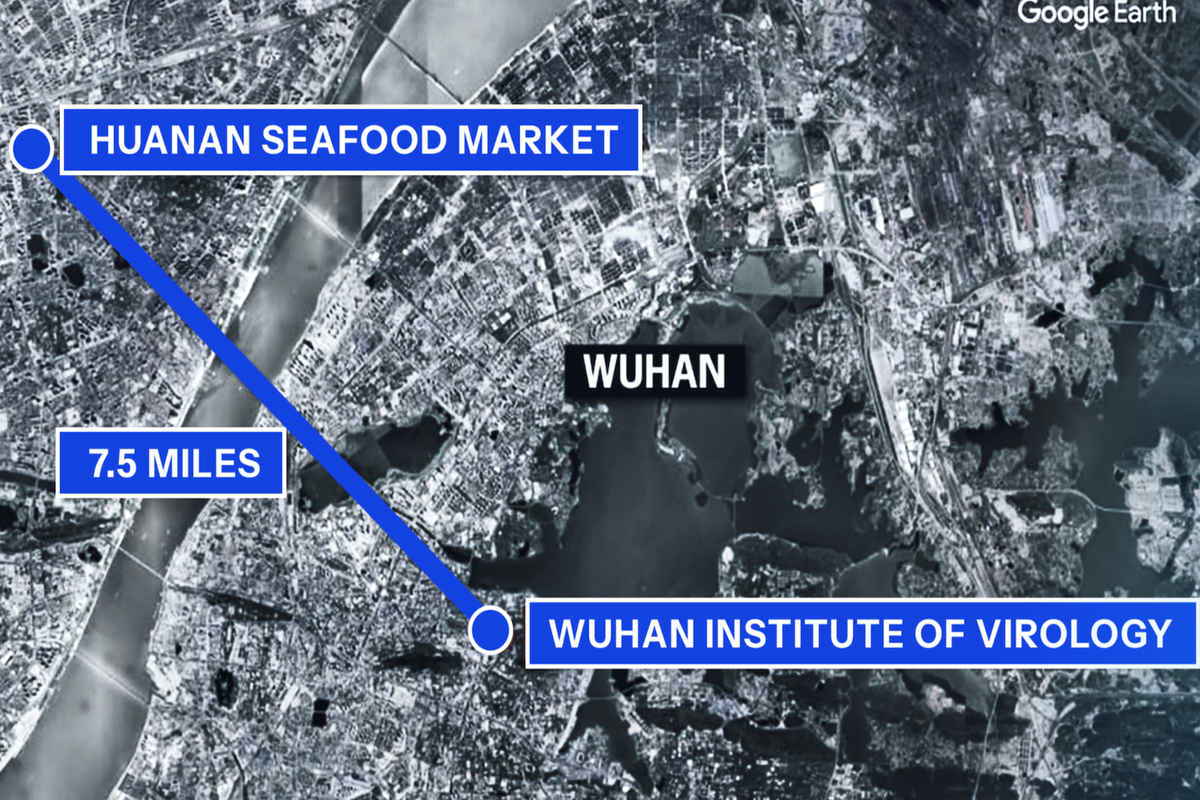

New Insights into COVID-19's Beginnings
A comprehensive report from the House Oversight Committee has reignited discussions about the origins of COVID-19, presenting strong evidence that the virus may have emerged from a laboratory incident in Wuhan, China. The 500-page document challenges earlier claims of a natural origin, highlighting findings that point to a lab leak as the most likely source.
The report details how 'The Proximal Origin of SARS-CoV-2,' a publication used to dismiss the lab leak theory, was influenced by Dr. Fauci to promote a natural origin narrative. This revelation has raised concerns about the objectivity of early scientific communications regarding the pandemic's start.
Key Evidence Supporting a Lab Leak
The House report states the virus possesses a unique biological trait not found in nature, suggesting possible human manipulation. Unlike past pandemics with multiple animal-to-human transmissions, all COVID-19 cases trace back to a single human introduction, a pattern that aligns with a lab-related release.
Wuhan is home to the Wuhan Institute of Virology (WIV), China's leading SARS research facility, known for conducting gain-of-function research—altering genes to enhance organisms—at substandard biosafety levels. The report notes that WIV researchers exhibited COVID-like symptoms in the fall of 2019, well before the virus was identified at a local wet market.
Despite extensive efforts, no evidence of a natural origin has emerged, which scientists argue should have surfaced by now if it existed. This absence bolsters the lab leak hypothesis.
Research Oversight and Institutional Failures
The House report criticizes the National Institutes of Health (NIH) for inadequate oversight of gain-of-function research, which it deems a likely contributor to the pandemic. The NIH's funding and monitoring processes are described as deficient, posing risks to public health and national security.
EcoHealth Alliance Inc., led by Dr. Peter Daszak, used U.S. taxpayer funds for risky research in Wuhan. After violating NIH grant terms, EcoHealth faced funding suspension and debarment proceedings by the U.S. Department of Health and Human Services (HHS). The Department of Justice is also investigating EcoHealth's activities during the pandemic.
Obstruction and Policy Missteps
The investigation faced significant obstacles, with the Biden Administration's HHS accused of delaying and withholding information to protect senior officials. EcoHealth's Dr. Daszak provided misleading data and altered documents, while Dr. David Morens, a senior advisor to Dr. Fauci, allegedly deleted federal records and shared sensitive NIH information.
New York's Executive Chamber, under Governor Kathy Hochul, obstructed inquiries into former Governor Andrew Cuomo's pandemic policies, including a March 25 order forcing nursing homes to accept COVID-19-positive patients, labeled as 'medical malpractice' by the report.
Broader Implications and Public Health
The World Health Organization's response was compromised by pressure from the Chinese Communist Party, prioritizing political interests over global health. Domestically, the report questions the '6 feet apart' social distancing rule, which Dr. Fauci admitted lacked scientific grounding, and mask mandates, which showed no conclusive benefits.
Lockdowns caused significant economic and health harm, particularly to younger Americans, without prioritizing vulnerable groups. The report also condemns the federal government's censorship of alternative treatments and the lab leak theory, eroding public trust.
The House Oversight Committee's findings call for greater transparency and accountability in public health research and policy. The evidence presented strengthens the case for a lab leak origin, urging a reevaluation of how dangerous research is conducted and overseen globally.
Dues are $12 per year. Member benefits:
✅ Ad-Free Website Viewing
✅ Advocacy for Republican Seniors
✅ 120+ Senior Discounts
✅ Member Only Newsletters